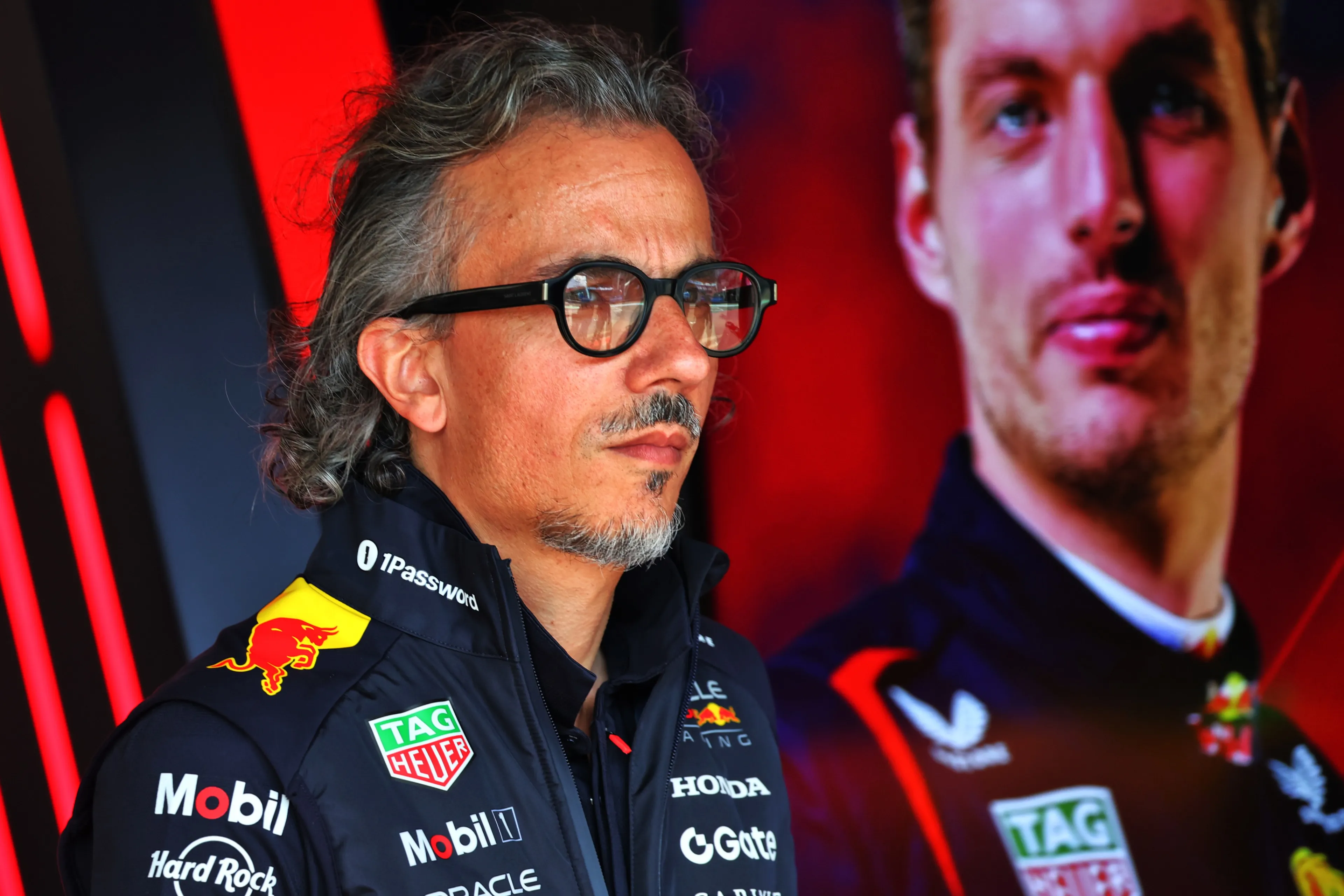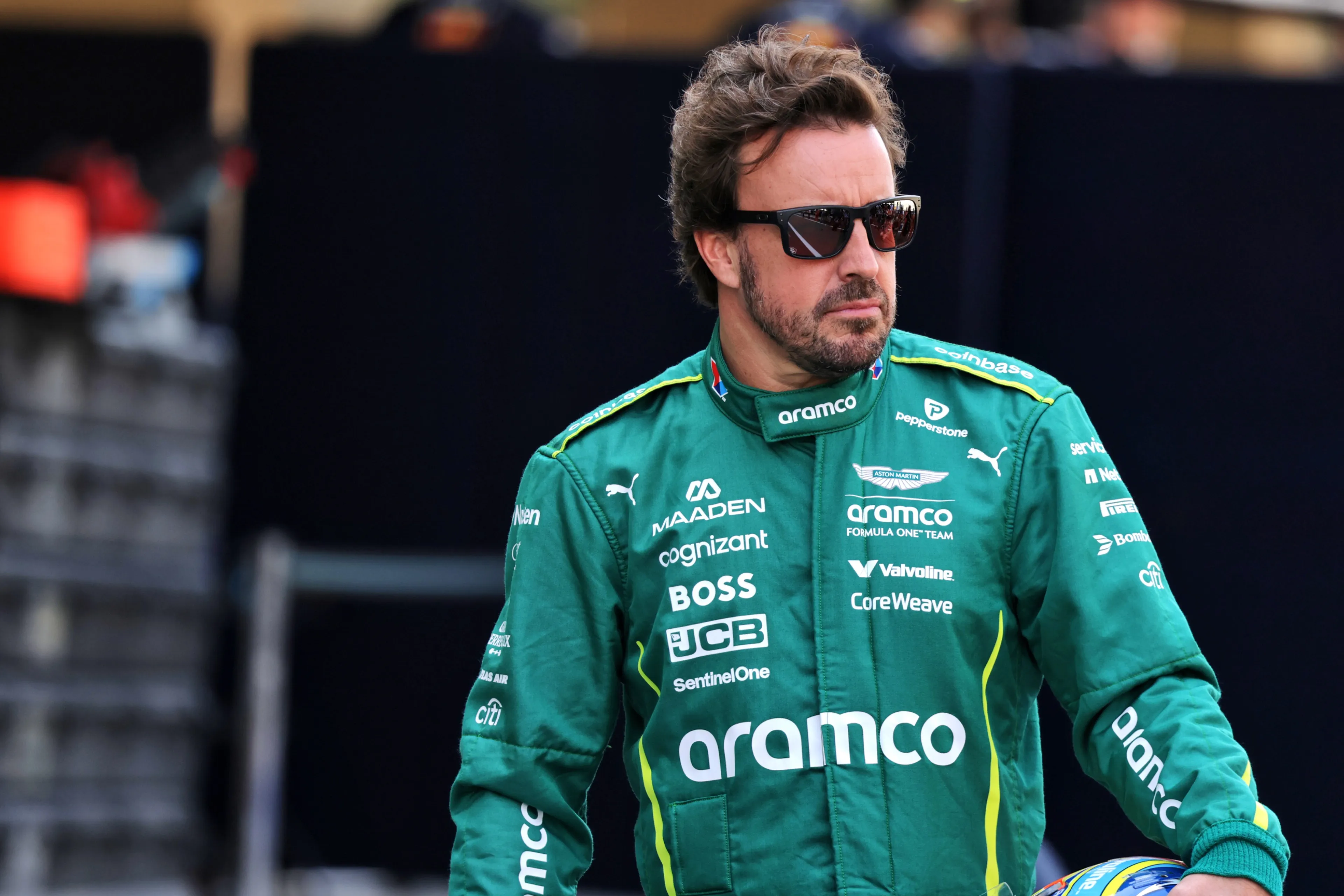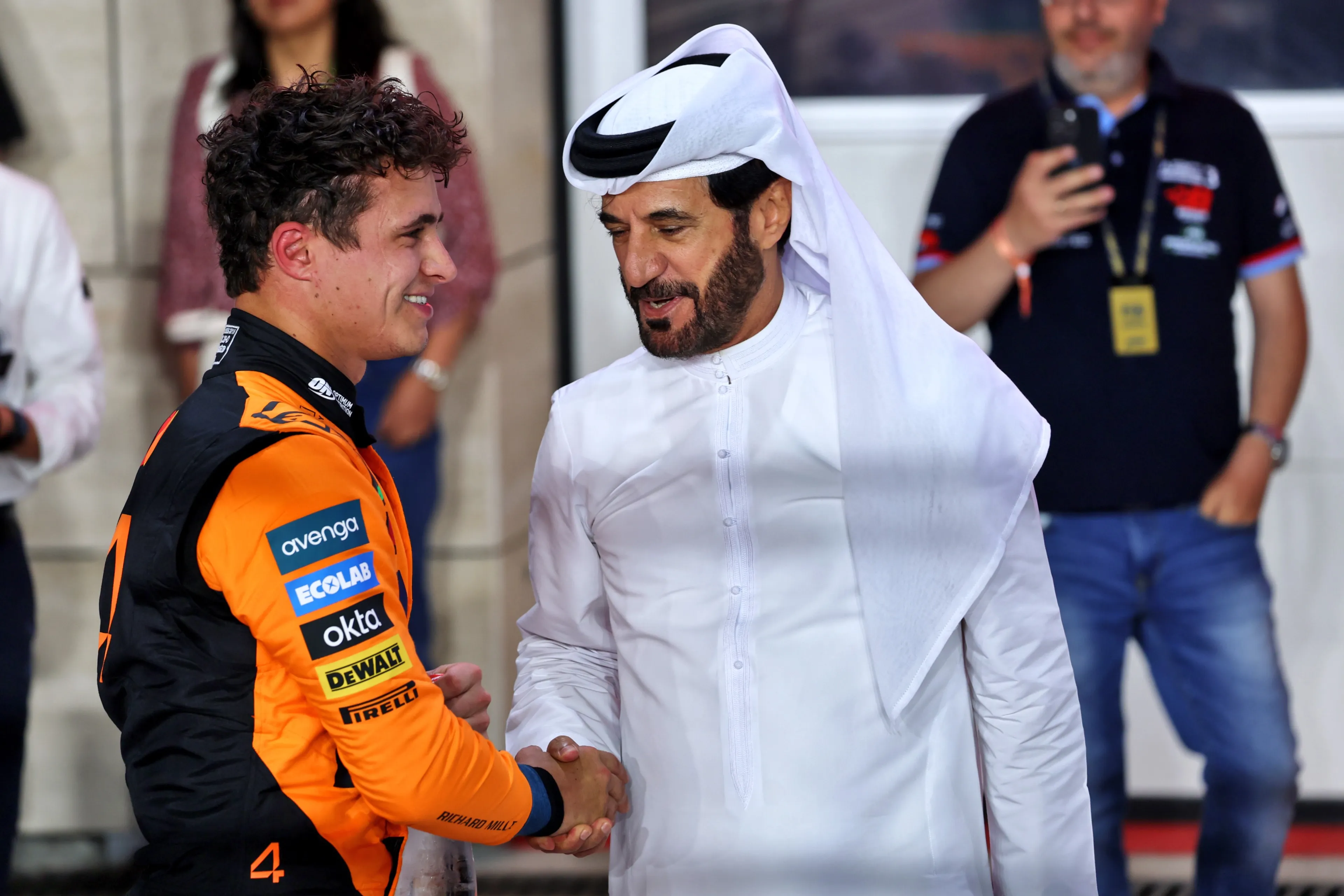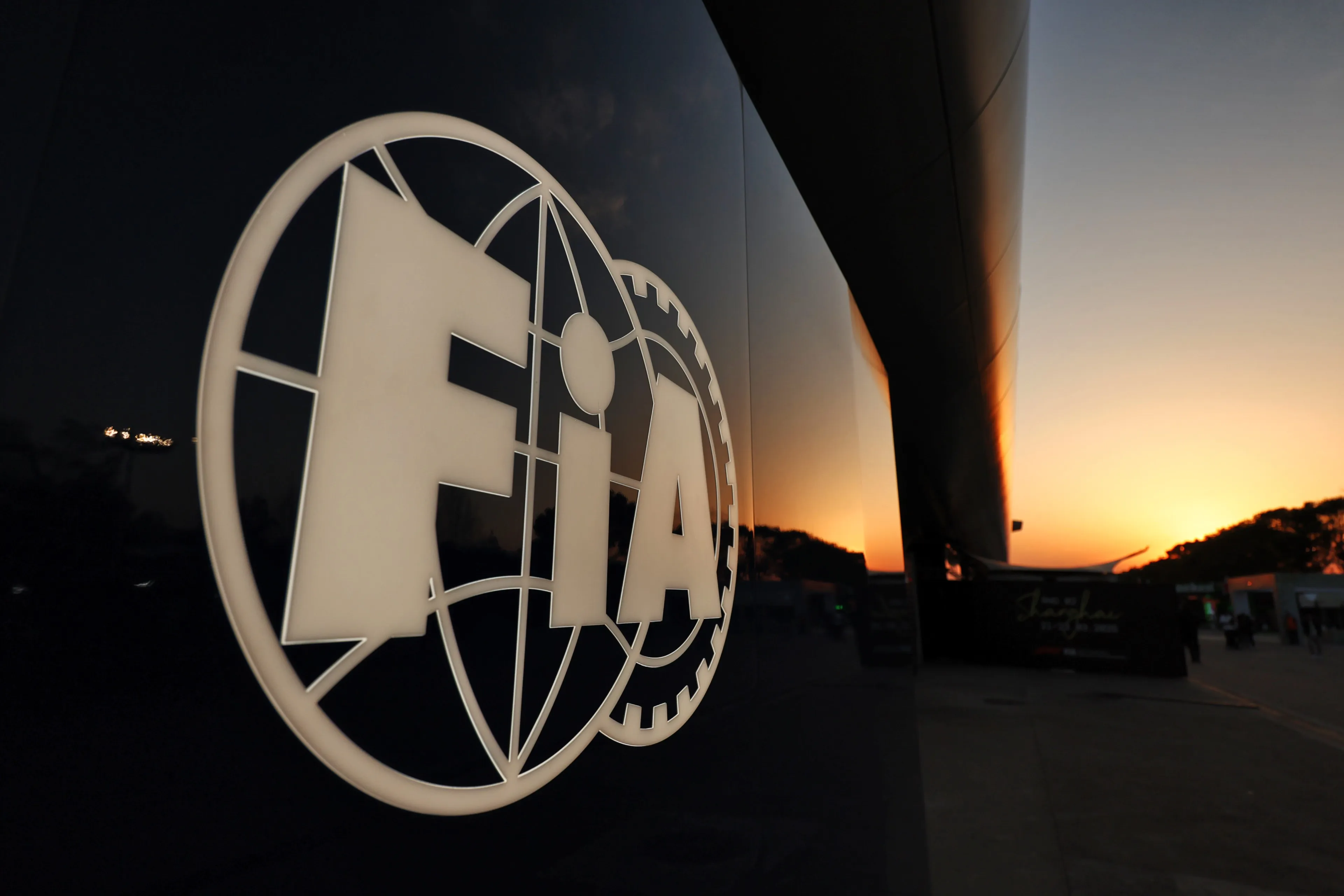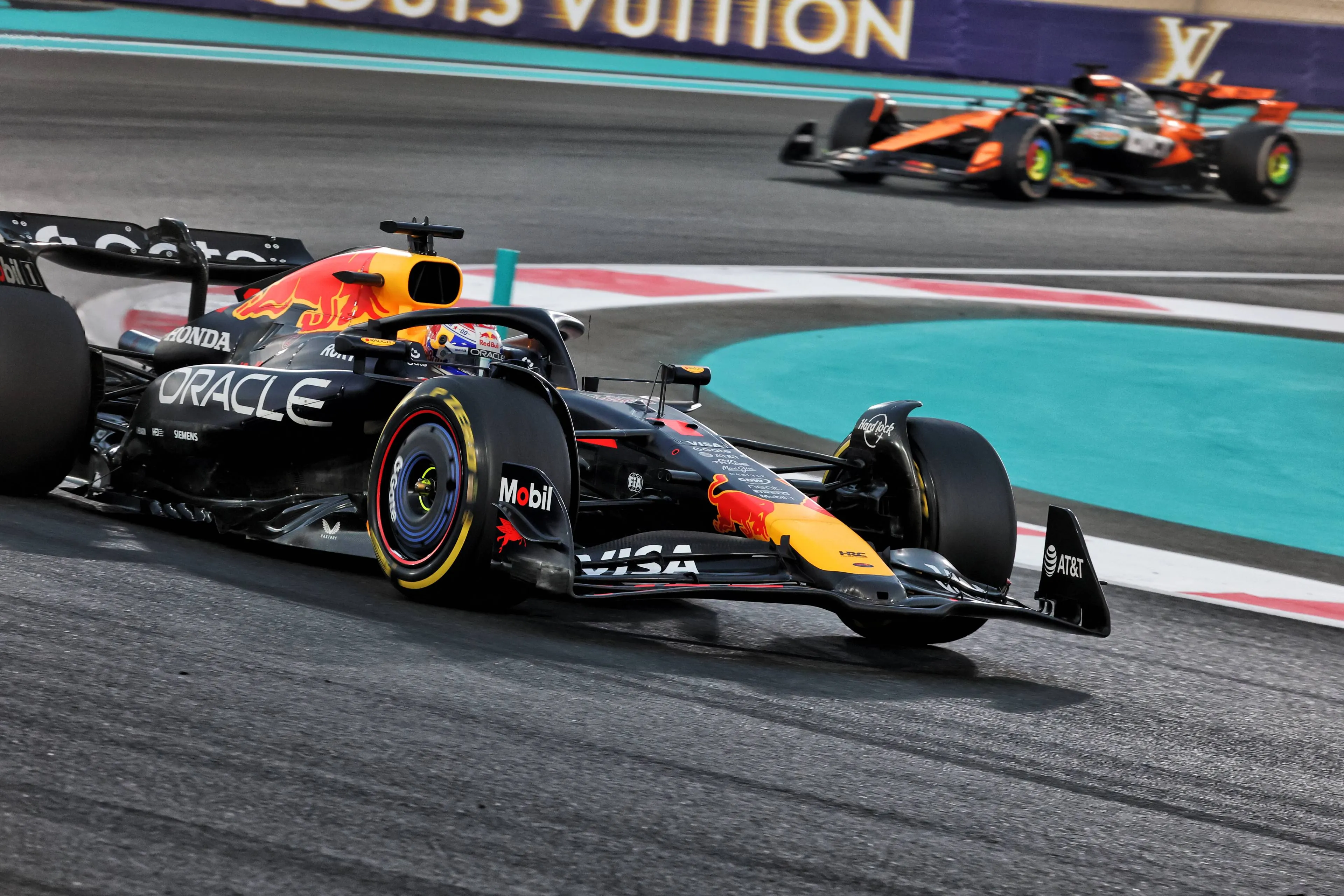FIA
The Fédération Internationale de l'Automobile (FIA), founded on June 20, 1904, represents the interests of automobile organizations and car owners. It is the governing body for many motorsport events, including Formula 1 and other Formula classes, as well as other racing disciplines such as the World Rally Championship and the WEC. The FIA's headquarters is located in Paris, with offices in Geneva and Valleiry. The current president is Mohammed Ben Sulayem.
FIA Formula 1 World Championship
Formula 1 is often referred to as the "king of motorsport." The sport combines advanced technology, top drivers, and iconic circuits worldwide. Teams and drivers compete in this technological sport, where innovation and speed are central. F1 has seen many legendary drivers, such as Ayrton Senna, Michael Schumacher, Juan Manuel Fangio, Alain Prost, Jackie Stewart, Jim Clark, Niki Lauda, Sebastian Vettel, Fernando Alonso, Lewis Hamilton, and of course, Max Verstappen.
FIA Formula 2 Championship
Formula 2 serves as an important stepping stone for drivers aiming to reach Formula 1. This category emphasizes developing skills in a competitive environment with equal cars. It provides a platform for talent to prove itself and gain experience on international circuits, which is crucial for their career development in the top motorsport classes. Max Verstappen skipped this class; he went directly from the European Formula 3 class to F1.
FIA Formula 3 Championship
Formula 3 is a vital category for young drivers starting their careers in single-seaters. This class offers a unique opportunity to develop skills in an international setting, with a focus on equal opportunities and showcasing pure talent. F3 serves as a springboard for young talent toward higher classes, with F2 being the next step for many.
FIA Formula E Championship
Formula E is a racing class featuring fully electric-powered cars. The series focuses on sustainability, innovation, and urban engagement. Formula E combines competition with environmental consciousness and plays a key role in shaping the future of motorsport and electric mobility. The races take place on street circuits in the heart of major cities worldwide.
History of the FIA
The FIA started as the Association Internationale des Automobile Clubs Reconnus (AIACR) in 1904, representing the interests of car owners and overseeing international motorsport. After World War II, the organization was renamed FIA. Several new racing categories were introduced, and in 1950, the first Formula 1 World Championship was organized.
In the 1970s, tensions between the FIA, race organizers, and teams led to the creation of the Formula One Constructors Association (FOCA) under Bernie Ecclestone. In response, the FIA established FISA, led by Jean-Marie Balestre. This led to the "FISA-FOCA war," a major dispute over technical regulations and their application. Several races were canceled or boycotted due to the conflict.
Concorde Agreement
The conflict was eventually resolved through the signing of the Concorde Agreement. This agreement granted FOCA the commercial rights to Formula 1, while FISA and the FIA retained control over the regulations. FOCA leader Bernie Ecclestone became vice-chairman of the FIA. Max Mosley, former legal advisor to FOCA and manager at March Engineering, became president of FISA in 1991 and president of the FIA in 1993, dissolving FISA and placing motorsport directly under FIA control. The Concorde Agreement is still in effect today, ensuring that teams have a voice in the decision-making process of F1 and the FIA.
Max Mosley Era
During Max Mosley's presidency of the FIA from 1993 to 2009, the organization saw significant changes and controversies. Mosley, known for his decisive and sometimes polarizing leadership style, focused heavily on improving safety in motorsport, especially after the tragic events of the 1994 San Marino Grand Prix, where Ayrton Senna and Roland Ratzenberger lost their lives.
Under Mosley's leadership, stricter safety standards and technological innovations, such as the HANS device, were introduced. His tenure was also marked by political challenges, such as tensions with Formula 1 teams over commercial and regulatory matters, which led to several revisions of the Concorde Agreement. Despite these challenges, Mosley's influence undeniably shaped the FIA and the motorsport world.
Jean Todt Era
Former Ferrari team boss Jean Todt succeeded Mosley as FIA president in 2009. Under his leadership, the FIA made significant strides in promoting safety initiatives, both on the track and on public roads. In motorsport, the halo device is the most recent and impactful example of this. Todt was also instrumental in strengthening the FIA's role in the global motorsport community, giving the organization more influence across various international motorsport disciplines.
Todt also focused on increasing sustainability in motorsport, particularly through the development and promotion of Formula E, a world championship for electric race cars. His era was also marked by a strengthened collaboration with other international organizations to increase the global impact of the FIA.
Mohammed Ben Sulayem Era
In 2021, Mohammed Ben Sulayem succeeded Jean Todt as FIA president and focused on innovation and inclusivity in motorsport. He is committed to broadening the global appeal of motorsport and making it more accessible to a diverse audience. His focus is also on promoting sustainability within the sport, continuing the work of his predecessor.
FIA Clash with F1 Drivers
In 2024, several controversies arose surrounding the FIA, particularly under President Mohammed Ben Sulayem. Several decisions by the governing body sparked public outcry, especially in the latter part of the season. For instance, Max Verstappen was given a penalty for using a swear word during the press conference in Singapore. This led to significant criticism, as well as a protest from Verstappen and an official letter from the Grand Prix Drivers' Association (GPDA).
Max Verstappen's Penalty
In the end, Verstappen reached an agreement with Ben Sulayem to complete a penalty that he found acceptable. He performed the task in Rwanda during the same weekend he received his World Championship trophy at the FIA Gala. The work involved mentoring and inspiring children through a grassroots development program run by the Rwanda Automobile Club. He was also given insight into a race car being built in Rwanda.
FIA Race Director
The FIA Race Director is responsible for ensuring safety and the adherence to regulations during sessions. This role was held by Charlie Whiting for a long time, who was appointed as Race Director in 1997 until his sudden passing on March 14, 2019, just three days before the start of the new F1 season.
Whiting was succeeded by Michael Masi, who became particularly well-known for his role in the controversial conclusion of the 2021 title battle between Max Verstappen and Lewis Hamilton at the Abu Dhabi Grand Prix. Following the controversy, the FIA decided to remove Masi from his position. He was replaced by a duo of race directors, Niels Wittich and Eduardo Freitas. The latter retired after a while, leaving Wittich as the sole race director in F1.
Ahead of the 2024 Las Vegas Grand Prix, the FIA announced that Wittich would be leaving his role immediately and be replaced by Rui Marques. In 2025, several race directors will take turns in this role, as announced by FIA President Ben Sulayem in February 2025.
FIA Prize Giving Gala
The FIA Prize Giving Ceremony takes place annually after the conclusion of all FIA World Championships. In 2024, the FIA Gala was held in Kigali, Rwanda. There, Max Verstappen received the trophy for his fourth World Championship title in Formula 1. Lando Norris received the prize for second place, and Charles Leclerc completed the top three in the standings.
FIA Decision Documents
Throughout the F1 season, the FIA publishes many official documents called "decision documents." These contain important decisions and rulings made by the FIA, including penalties, regulatory changes, and results from appeal procedures. This includes the decisions of the stewards to apply penalties or not following alleged violations by drivers or teams.
Popular on GPBlog
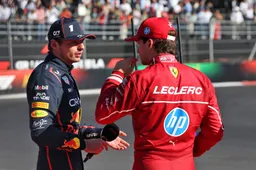
1
Leclerc looking to go the Verstappen way with confession at FIA gala
6526 times read
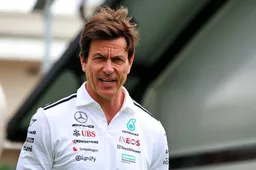
2
Wolff doubles down on 400 km/h claim as 2026 F1 overhaul looms
3338 times read
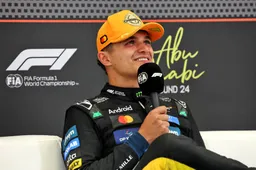
3
Norris splashed out this staggering sum to celebrate first F1 title
2862 times read
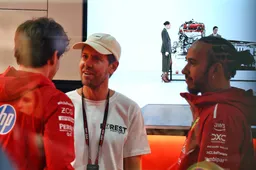
4
Hamilton warned against 'acting like an engineer' amid Vettel parallel
1883 times read
Loading
